Then, fifteen days later, or maybe even longer, you get a call from the dealership telling you to bring the car back. What? What are they talking about? It seems the dealership was unable to secure financing so they need the car to be returned. They say they could possibly work out another deal, but until then, they need the car. But you have paperwork showing you were approved for financing. But that doesn’t matter, according to the rather brusque sales manager who is insistent that you return with the car.
But you’re not taking the car back, not when you have proof you’ve been financed. A few days later, maybe less, you walk out of your office at work to discover your car is missing from the parking lot. You call the dealership and are told they now have it in their possession. You were given the opportunity to bring it back but failed to do so. The dealership had no other choice but to repossess it.
Now what? You made a down payment the dealership is telling you is non-refundable which means you’re without the money and the car. You’re going to lose your job if you don’t have a way to get to work. But the dealership has cut off all communication with you. You’re officially on your own. You think there’s nothing you can do. But that’s not entirely accurate.
Depending upon all the facts of your situation, you may have recourse. Back in 2011, the Federal Trade Commission published a white paper “Deal or No Deal: How Yo-Yo Scams Rig the Game against Car Buyers” that details how dealerships work this type of scam, which is called a yo-yo transaction. If you’re in this situation right now, you may want to read the paper and ask yourself if anything in it sounds similar to what is happening to you. If the answer is yes, your next step should be to call a lawyer.
Now, that phone call isn’t a guarantee you’ll get your car back, but it’s the first step in being proactive. Don’t assume there’s nothing you can do until you’ve spoken to an attorney, specifically one familiar with consumer law.
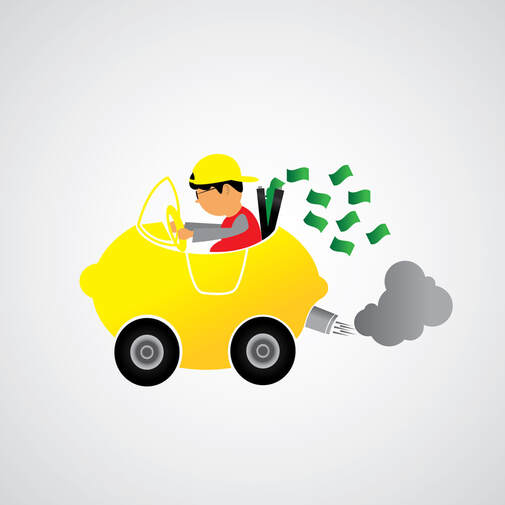
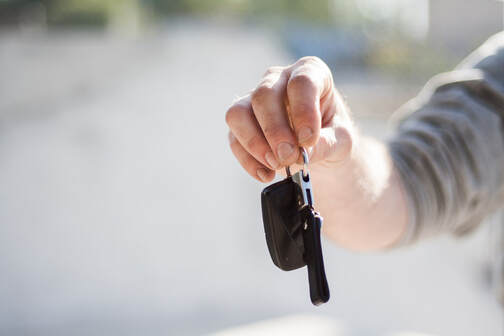

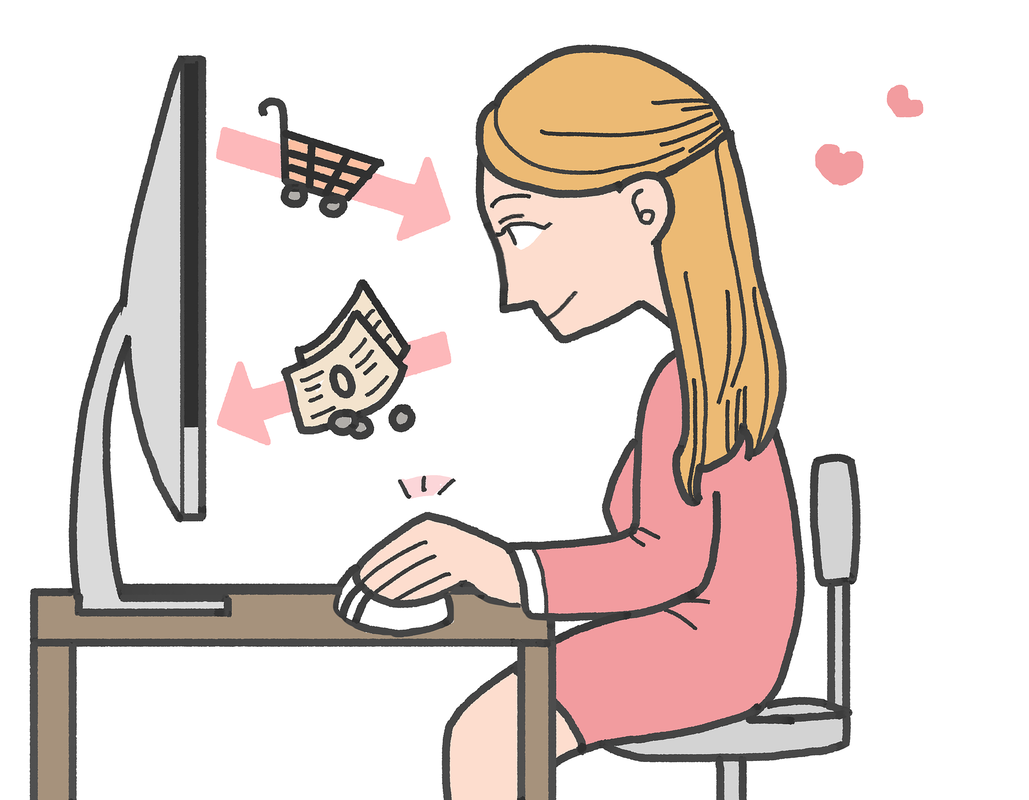
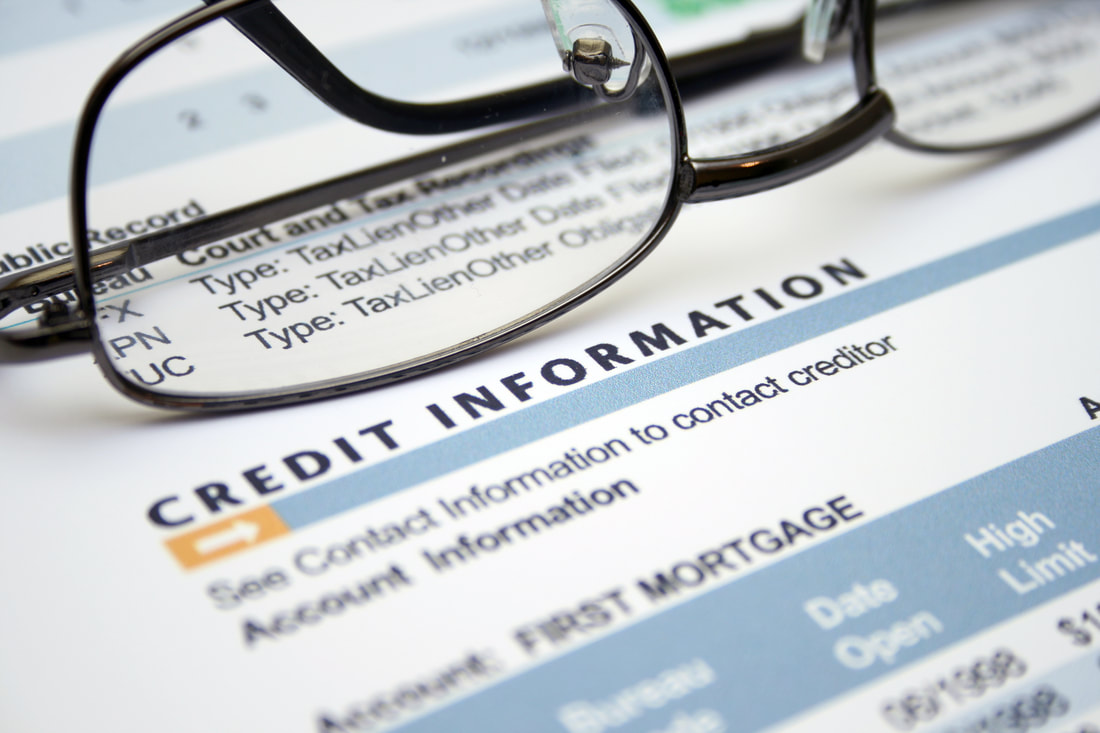
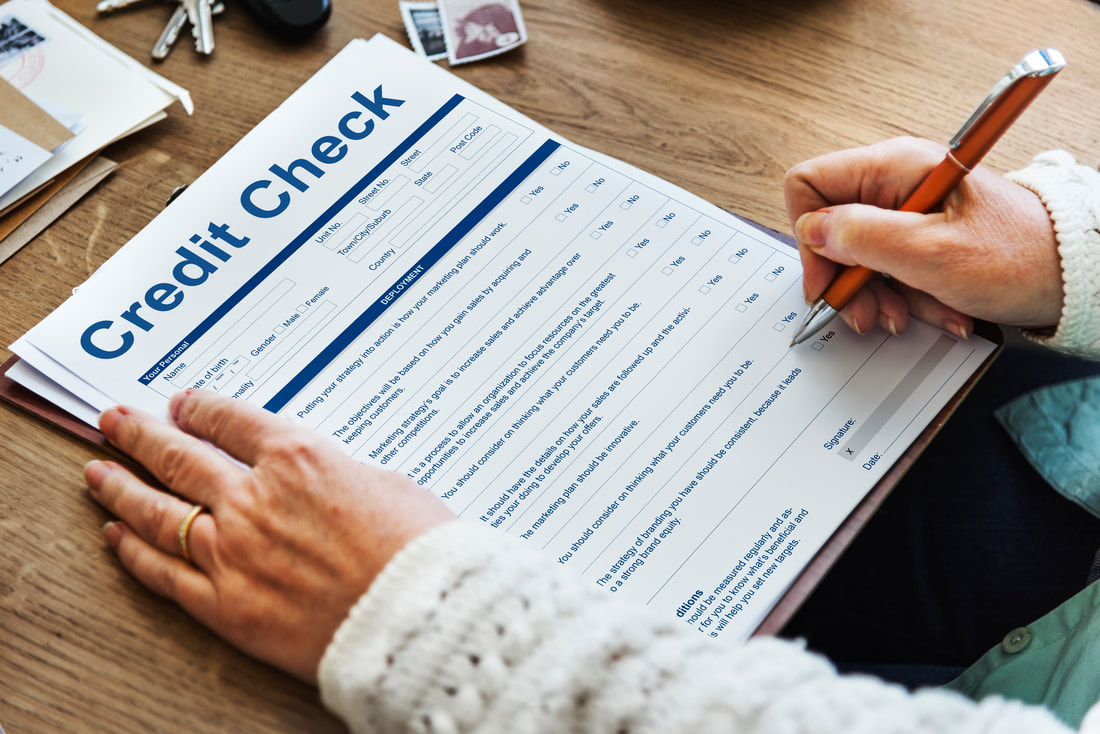

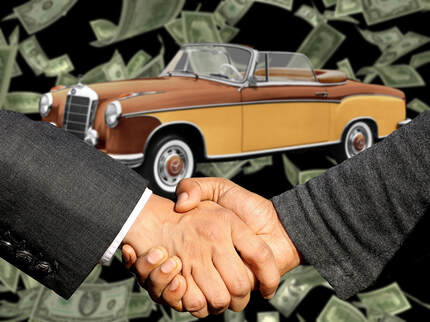
 RSS Feed
RSS Feed